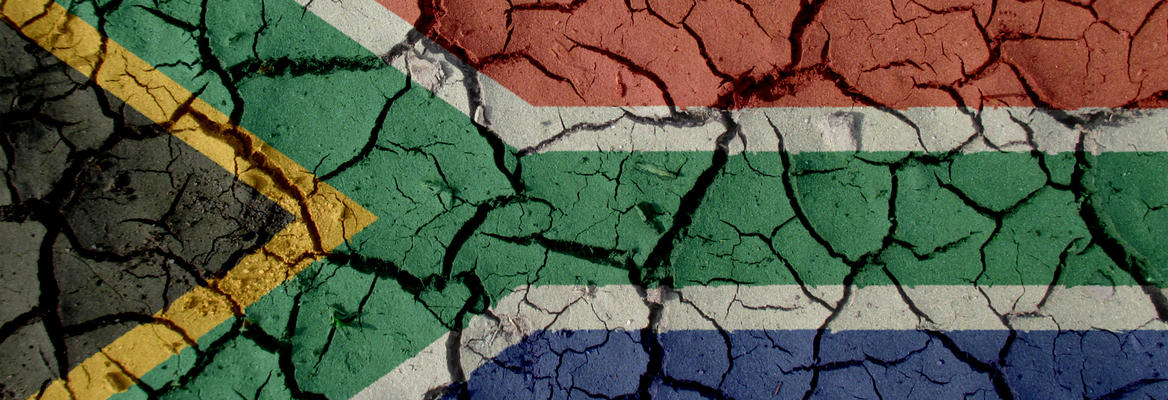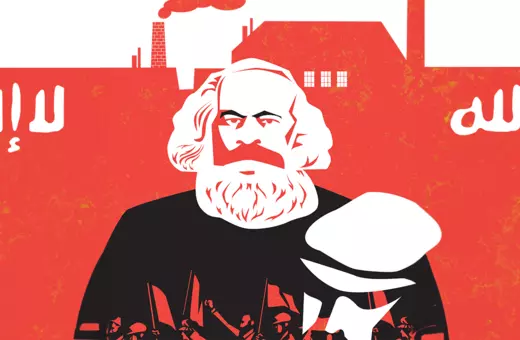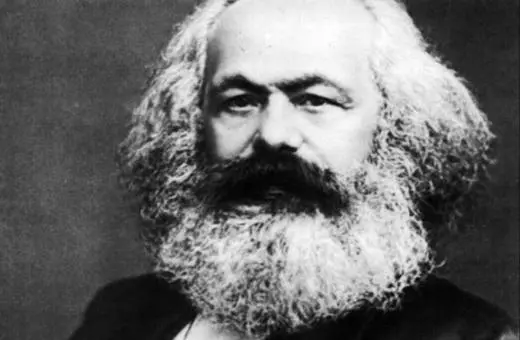The South African elections have exposed a political world characterised by a saturation of noisy opinion and a lack of ethics. But, Thiven Reddy writes, there is a way through this without reverting to the divisive authoritarian politics of South Africa’s history. Hannah Arendt reminds us that the ancient Greek marriage of philosophy and politics can create a better, more inclusive society.
In a time of potential dramatic change in South Africa, the death of Socrates provides us with a model of dialogue, friendship, and politics that can help us navigate the problems of civic society. A key theme surrounding modern electoral politics – think US elections and Trump, or currently in South Africa – is opinion and its consequences. Drawing from a reading of Hannah Arendt, I want to make the case that politics is nothing without opinion. Yet, even though opinion is necessary in politics, we must emphasize the ancient Greek argument that politics driven exclusively by opinion suppresses the role of personal ethics and conscience, which in turn represses the political will to find the good life. A philosophical approach to political opinion can orient it away from harm towards the public good.
This ancient Greek conclusion helps us to bridge an impasse of division and politics in a country grappling with its settler colonial history and corrupt dominant party politics. The South African elections and the emerging political culture in the country openly expose the relationship of opinion to knowledge – or the separation of politics and philosophy. I will refer to an article by Arendt to discuss the relationship of elections to 'rules of a political system' and highlight the differences between Plato and Aristotle to the death of Socrates, concerning the use of dialectically understood knowledge. This debate over the role of opinion and dialectical knowledge exposes us to the limits of politics in the ‘extreme case’ of a society like South Africa. This is pulled into stark focus by a spectrum of historically inherited inequalities and the questionable values of its political class, in contrast to the alienated majority living in squalor.
In transitional societies, many features of the political terrain, including the rules of the political system, remain unsettled, taking generations to consolidate. One factor here has to do with the length or period of existence of the rules under which politics is practiced: the older the political system, the more stable the rules, the younger the political system, the more unsettled the rules.
___
The ruling party since 1994 promoted in particular the claim that democratic South Africa was the outcome of revolution rather than negotiations.
___
Societies face particular challenges when the political system must confront issues where most values are divisive, and most issues strongly debated. Everyone is an expert on every issue, opinion matters, and this creates a densely congested world of opinion. This is a not-so-unexpected outcome where subjects feel legally recognized as citizens for the first time. In South Africa very few issues or values are not the purview of politics: everything is or potentially politicized, and elections operate as ceremonial moments, formalizing collective attitudes to change and ritual practices of national belonging through citizen consent. In May 2024, South Africans will participate in the country’s seventh national election.





















Join the conversation